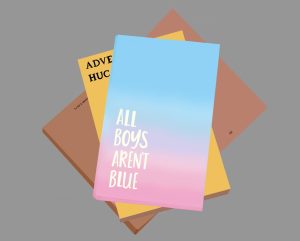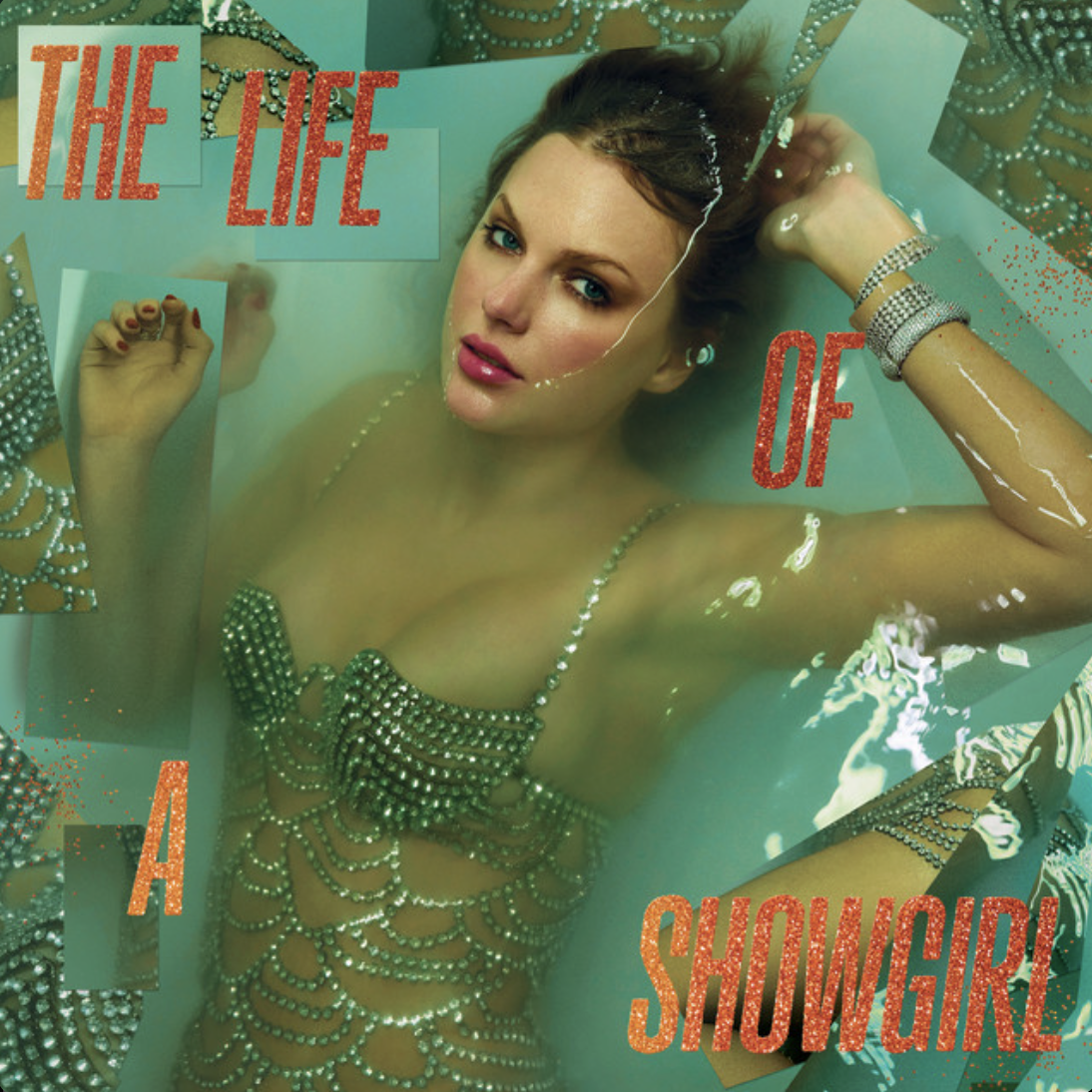“All Boys Aren’t Blue” reconsideration update
The book “All Boys Aren’t Blue” remains on the library shelves after a building level vote on January 7.
March 22, 2022
The novel “All Boys Aren’t Blue” by George M. Johnson was recently up for reconsideration on whether it should be available for students in the Blue Valley Northwest library. The vote took place on January 7. Although the voting results are not currently public, the book has remained on the library shelves.
Determining a book’s status begins when a complainant believes the material up for review should not be available to students. A committee is formed consisting of a librarian, two teachers from the building, two parents with students in the building and two high school level students (one from Northwest and one from a separate school). Northwest librarian Craig Odle described what the discussion among the committee members consists of.
“The things that are talked about are the issues that the complainer has brought up specifically. ‘Are those complaints serious enough? Do they meet the criteria to suggest that this book doesn’t belong via district board policy?’’ Odle said. “There can be a myriad of questions, sometimes [the complainant] asks [the librarians] how it compares to other material that we have, sometimes people want to know what the line would be for us to not select [it].”
Following the discussion, a vote takes place in which the majority rules. If the complainant does not agree with the outcome, that person can take the complaint to district level. This recent reconsideration brings up some questions debating the idea of book banning and what content is appropriate for students. Odle discussed how books are chosen for the library.
“We look for books that we think students will enjoy because part of our job is to promote literacy, and [literacy is] reading good books that are enjoyable that do that,” Odle said. “But we also need to provide materials in our libraries that represent our entire student body so we don’t have students who are here and can’t see themselves in the literature in the library.”
English teacher Valerie Golden said she feels that students’ access to books should not be limited by the opinions of those outside of their lives.
“As a parent, I would not want somebody else choosing for my students or my children what books they have access to,” Golden said. “Hopefully the conversations are happening in the home when the student brings a book home and they don’t feel like they have to hide it, or they don’t feel like they’re going to be in trouble for checking out a book.”
Odle said having literature from different perspectives is beneficial for students to consume.
“That promotes a sense of belonging, it promotes literacy, we like to read about perspectives that are similar to ours,” Odle said. “It also provides perspectives that may be new to some of our students and it’s like a window into somebody else’s experience.”
Odle said not only does “All Boys Aren’t Blue” give that broader perspective, it also meets all the criteria of the board selection policy. The selection policy is Policy 4600.
“The selection policy talks about [how] the book should be free of really harsh language or graphic violence or graphic sex that is used gratuitously,” Odle said. “That doesn’t mean that some books in the library might not have some of those things but they’re not being used gratuitously. They’re an important part of the story, in this case [the author] has taken great care to not over-embellish those parts of the book.”
Golden added to this, describing how those more serious topics portrayed in books are important for students to read.
“I think books reveal what’s going on in our society and who we are as a society and I think to try to shut that down or to try to shield young people from the realities does not make for a good healthy democracy,” Golden said. “I think books are pieces of art and art is meant to challenge us in our thinking.”







